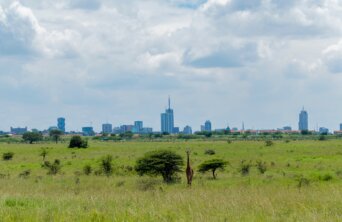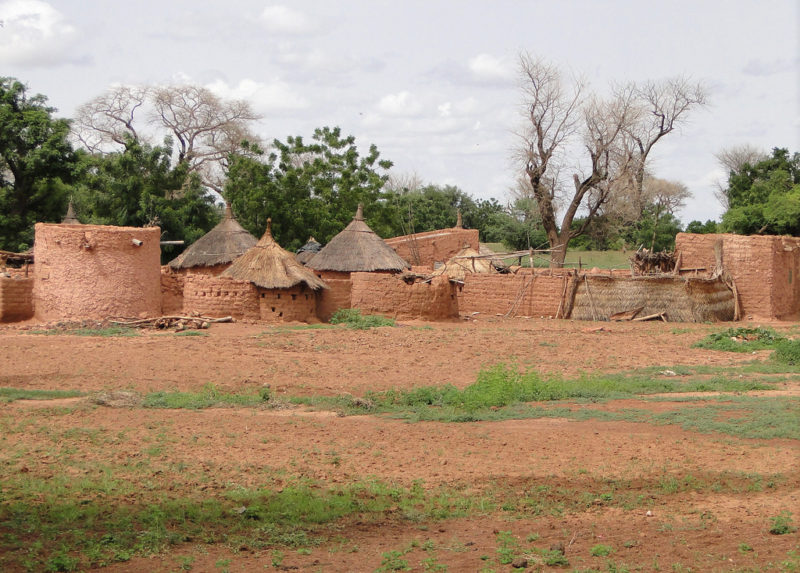- About
- Topics
- Story
- In-Depth
- Picks
- Opinion
- News
- Donate
- Signup for our newsletterOur Editors' Best Picks.Send
Read, Debate: Engage.
| topic: | Climate action |
|---|---|
| located: | Kenya |
| editor: | Bob Koigi |
Kenya hosts thousands of delegates this week for the inaugural Africa Climate Summit. It is a gathering that seeks to chart a common standard for the continent as it explores innovative approaches to tackle one of the greatest crises of our time.
Themed “Driving green growth and climate finance solutions for Africa and the world,” the summit takes place against a backdrop of devastating weather-related crises ravaging the continent. From record droughts in the Horn of Africa to frequent floods in Southern Africa and extreme heat and wildfires in North Africa, these disasters are happening with unparalleled frequency and intensity.
As the continent grapples with this human-induced crisis, it is searching for a way to transition to clean energy that addresses energy poverty to ensure no one is left behind. Reducing emissions, boosting nations’ economies and expediting the journey to achieving sustainable development goals are priorities.
These lofty ambitions require collaboration, colossal investment and political goodwill. The transition from fossil fuel economies to renewable and clean energy, mitigation and adaption is a multibillion-dollar resolve.
African countries must raise approximately $124 billion each year by 2030 to mitigate against the impacts of climate change, yet they currently receive $28 billion annually.
Delegates at the Summit must deliberate and find practical, sustainable and innovative financing and collaborative efforts that address the needs of those most impacted by climate change, such as small-scale farmers and indigenous groups who sometimes don’t get the chance to voice their concerns and needs.
Both public and private sectors must support adaptation finance because it is crucial in addressing the ripple effects of the vulnerable population.
The exposure of local communities to harsh climate impacts drives them to rely heavily on natural resources for survival, leading to degradation and over-exploitation of habitats and wildlife. Ultimately, this exploitation has fanned climate crises such as floods and mudslides.
While this is the pioneer summit in Africa, similar events have occurred globally. However, many of these gatherings have yet to result in concrete commitments to mitigate climate change, and Africa must stand out in this regard.
Religious, civil and trade organisations, led by the Pan African Climate Justice Alliance (PACJA), an umbrella body of over 1,000 organisations from 48 African countries, said to the summit delegates that the talks and deliberations must put the African people above all personal and collective political and economic interests.
The continent looks forward to a practical, actionable, measurable and sustainable Nairobi Declaration that prioritises people and planet over profit.
Image by Murad Swaleh.

